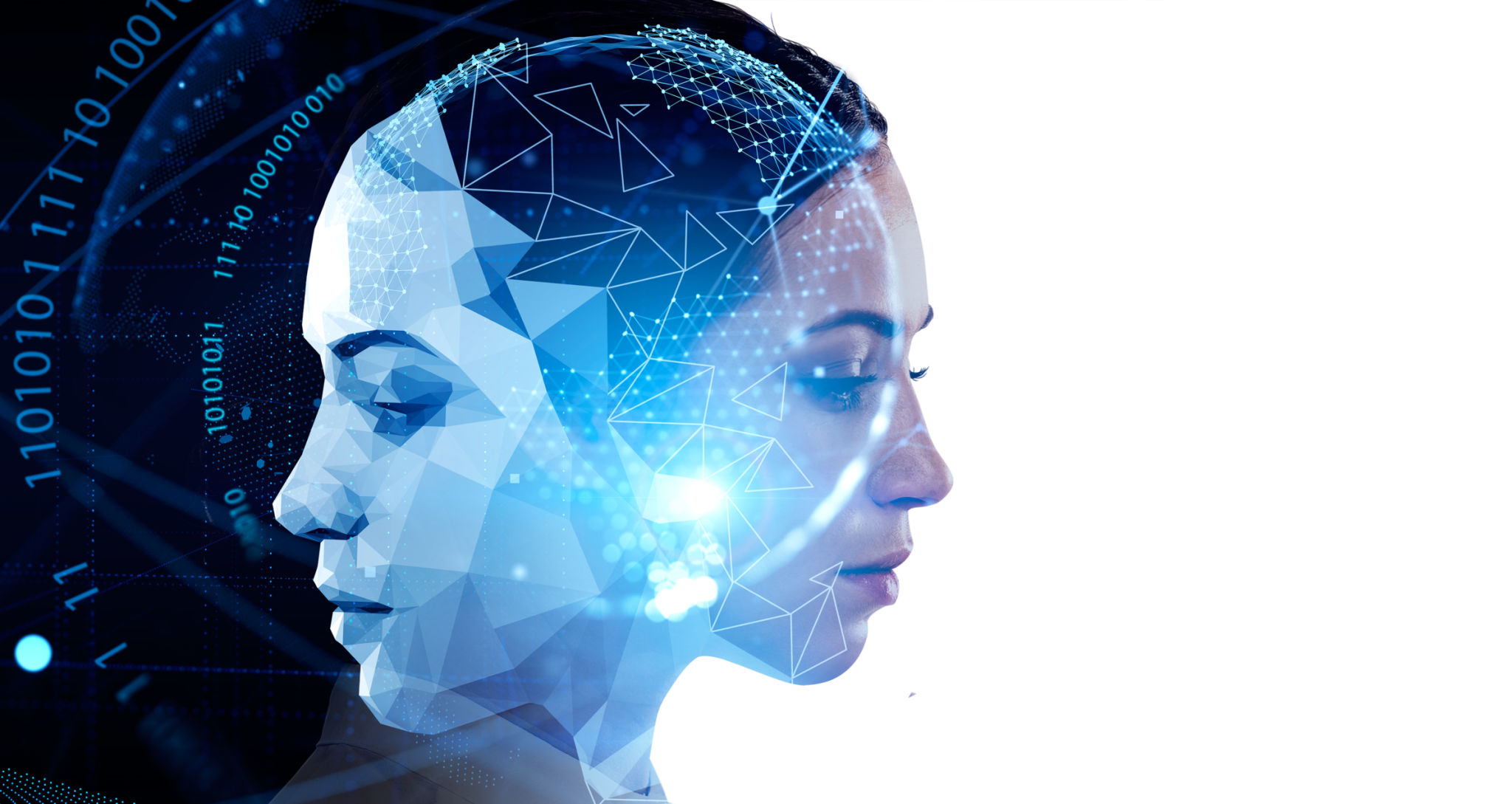Philosophical Perspectives on AI: Voices Leading the Debate
Exploring the Philosophical Dimensions of AI
In recent years, Artificial Intelligence (AI) has emerged as a transformative technology, reshaping industries and societies alike. However, while its technological impacts are widely discussed, the philosophical perspectives on AI are equally important. Philosophers and thought leaders are probing the ethical, existential, and societal implications of AI to understand how it aligns with human values and what it means for the future of humanity.

The Ethical Implications of AI
One of the most pressing philosophical debates surrounding AI involves ethics. As AI systems become more autonomous, questions arise about accountability and moral responsibility. Who is responsible when an AI system makes a decision that leads to harm? These ethical considerations are crucial as we integrate AI systems into critical areas such as healthcare, law enforcement, and transportation.
Philosophers like John Searle and Nick Bostrom have been vocal about these concerns. They argue that as AI systems take on more decision-making roles traditionally held by humans, society must establish clear guidelines and frameworks to ensure ethical outcomes. This involves not only technical solutions but also a re-examination of moral philosophy to adapt to new challenges presented by AI.
AI and Human Identity
A central theme in the philosophical discourse about AI is its impact on human identity. As AI becomes more advanced, it challenges our understanding of what it means to be human. The development of AI systems capable of performing tasks that require intelligence traditionally attributed to humans raises questions about consciousness and self-awareness.

Some philosophers argue that AI could potentially surpass human intelligence, leading to what is known as the "singularity." This concept poses existential questions about the role of humans in a world where machines could potentially outthink us. As we advance towards this future, discussions surrounding the essence of human nature and our relationship with machines become more critical.
Societal Impact and Governance
The societal impact of AI is another area where philosophical inquiry plays a crucial role. The integration of AI into various sectors has the potential to reshape economies and labor markets significantly. Philosophers debate how societies can ensure that the benefits of AI are equitably distributed and do not exacerbate existing social inequalities.
Moreover, the governance of AI technologies is a major concern. Establishing global standards and regulations is essential to prevent misuse and ensure that AI development aligns with public good. Philosophical perspectives contribute to these discussions by questioning how power dynamics might shift in an AI-dominated world and what measures can be implemented to safeguard democratic values.

The Role of Philosophy in Shaping AI's Future
Philosophy plays a vital role in shaping the trajectory of AI development. By examining the fundamental questions about ethics, identity, and society, philosophers provide insights that guide policymakers, technologists, and the general public in making informed decisions about AI.
As we continue to develop and deploy AI technologies, engaging with philosophical perspectives becomes increasingly important. These debates help illuminate the potential risks and rewards associated with AI, ensuring that its growth benefits humanity as a whole. By fostering interdisciplinary collaboration between technologists and philosophers, society can navigate the complexities of AI with greater wisdom and foresight.
